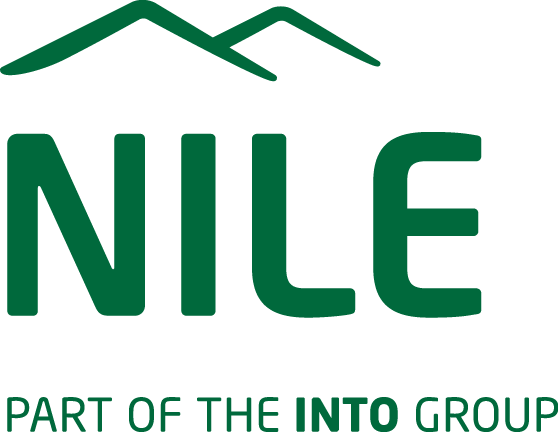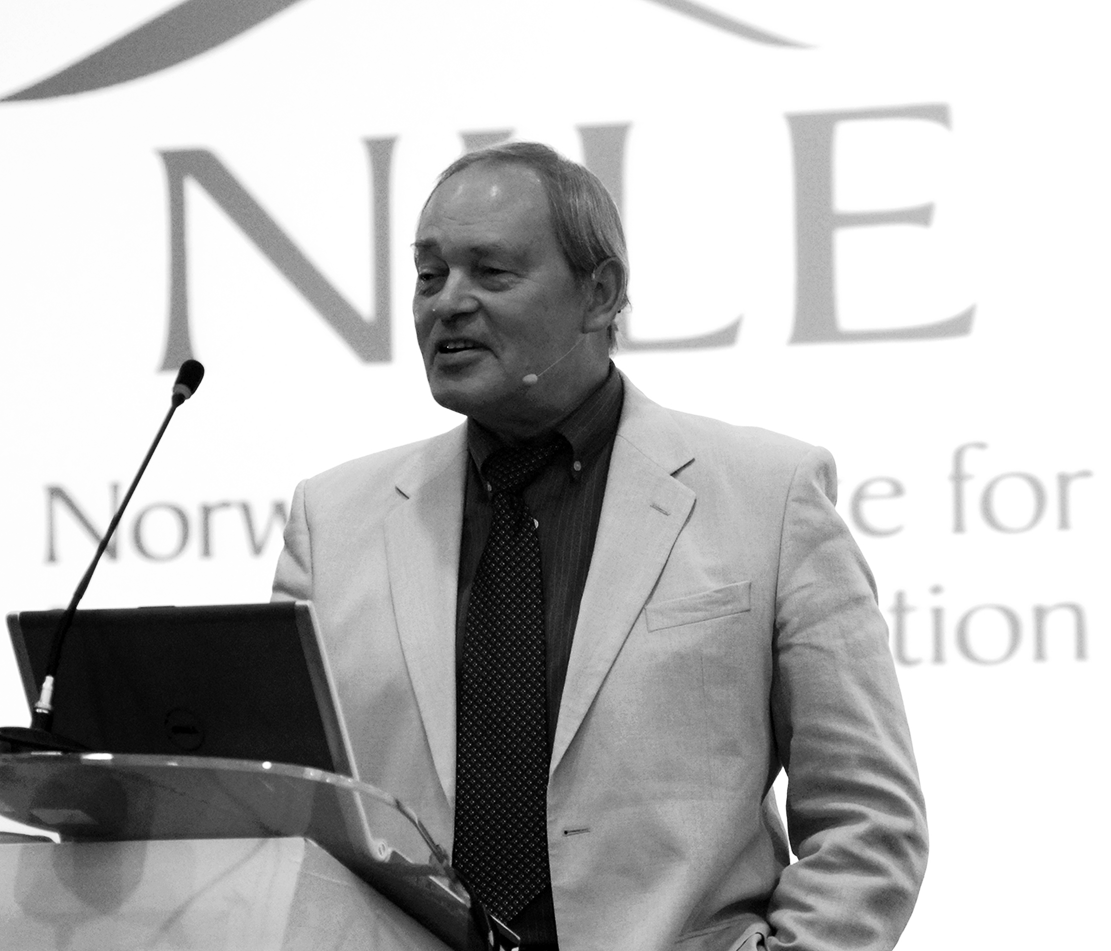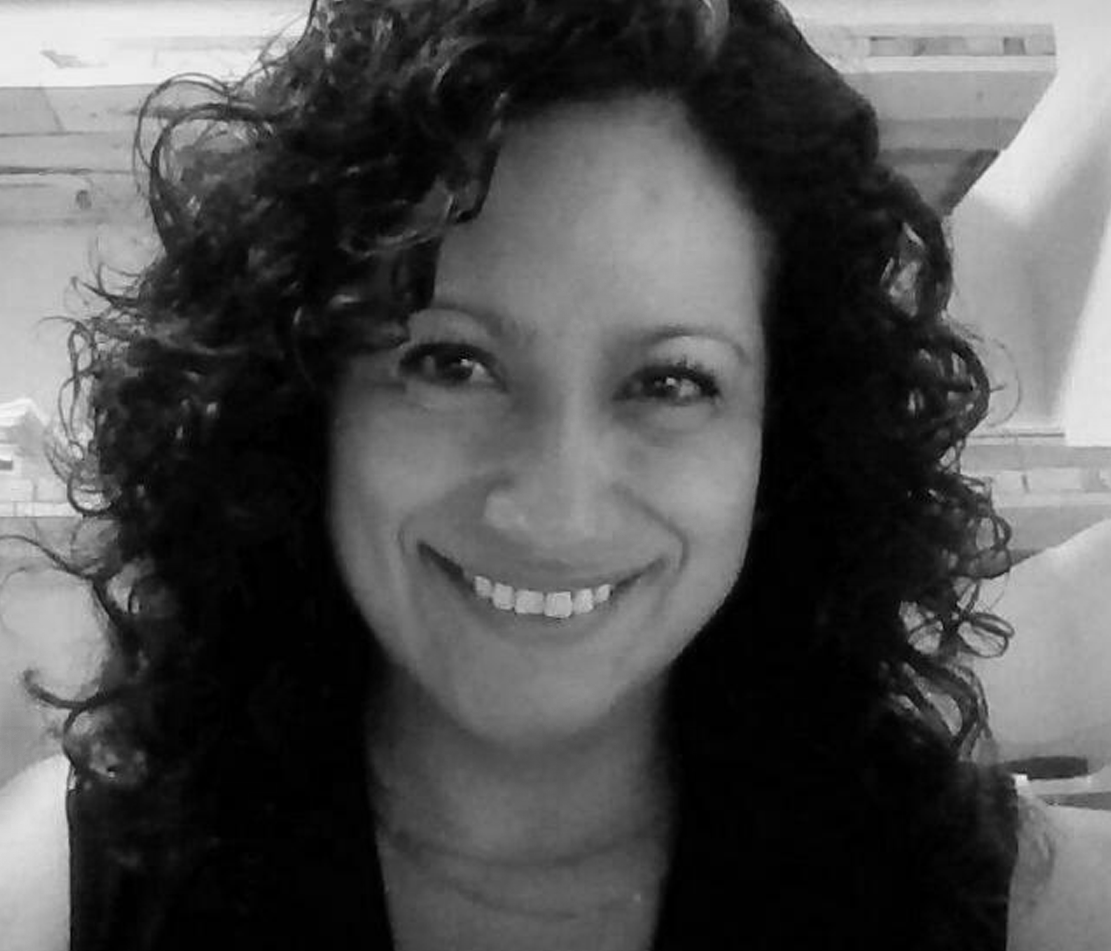Plenary Speakers
Dave Allan's


Dave Allan is President of NILE, Norwich Institute for Language Education, one of the UK’s premier CPD institutions, with over 100 teachers’ courses each year, the UK’s biggest MA programme and a record-breaking rating of 92% for ‘Teaching and Learning’. Dave works on the NILE MA and worldwide as a trainer, conference speaker and project leader. He is delighted to be returning to work in Mexico after too long an absence.
‘CPD – how to continue to be the best teacher you can be’ This 60-minute plenary talk will explore key factors in being a good language teacher, with perspectives on CPD gained through a lifetime of working with some of the best teachers and the most inspiring, innovative providers of professional development in language education, exploring the motivational basis and the changing range of courses and resources that can enable each of us to really fulfil our potential as language teachers.
‘Time for TEASE: teaching and assessing spoken English’ This interactive workshop will explore ways in which we can add dimensions to our teaching of spoken English which can both enliven and motivate language classrooms, making lessons both more enjoyable and a more effective stimulus to our learners’ long-term ability to use spoken language in natural and authentically communicative ways outside the classroom, while judging spoken performance fairly.
Jair Félix


Jair Félix, National Geographic Learning Senior ELT Academic Consultant for Latin America, has a B.A. in TEFL from Universidad Autonoma de Sinaloa in Mexico and a Post-Graduate Degree on Teachers’ Development from The College of St. Mark & St. John, Plymouth, UK. Jair has been involved in language teaching and teacher training for over 23 years and has conducted workshops on various topics such as lesson planning, discourse analysis for language teachers, action research, educational technologies, and 21st century skills, among others. Jair holds a Diploma in Teaching English for Specific Purposes (DipTESP) and the E-Tutoring Certificate from the British Council. He is a frequent presenter at ELT conferences throughout Latin America.
The 7C’s in Language Teaching & Learning
Today’s students and teachers of English should move beyond the basics and embrace the 7C’s — “super skills” for the 21st century, including sharing thoughts, questions, ideas, and solutions; working together to reach a goal — putting talent, expertise, and smarts to work; looking at problems in a new way, linking learning across subjects & disciplines; and trying new approaches to get things done.
This presentation will raise awareness on the importance of those “super skills” and will actively demonstrate how to incorporate them in in every teaching and learning practice.
Ricardo Azarcoya


Photographer Ricardo Azarcoya was born in Mexico City and currently resides in Querétaro, Mexico. He studied photography at the Escuela Activa de Fotografia, and in Spain. In 2008, Azarcoya interned at VII PHOTO Agency, where he organized their archive and assisted as an agency editor with magazines such as Time, Newsweek, and The New Yorker. In 2009, Azarcoya became a Canon Mexicana Ambassador. He has since collaborated with Canon Mexico on lectures, workshops, master classes and portfolio reviews. Azarcoya founded Photofest, an international photojournalism and documentary festival, in his hometown of Querétaro. By its 4th year, the festival was included in The Telegraph’s list of the best festivals in the world, the only festival in Mexico to make the list. Azarcoya is also a 2016 recipient of a National Geographic Society grant for the first visual, vertical and scientific exploration to the second largest sinkhole in the world, El sótano del Barro.
“The Power of Photography in English Language Teaching”
Learning English has become an essential part of 21st Century education. There are two billion people of all ages learning English around the world. These learners will use English as a tool in business, in science, on the internet, and in general to improve their opportunities to have better lives. Learning materials have a chance to teach them English, but also to reach them with content that is meaningful, purposeful and relevant to their lives. In this century, global awareness is a requirement and we believe you can’t understand the world if you don’t experience it. Photography helps us to deliver the world to learners. Photography stimulates learning. Photos inspire in a unique way; show a learner a photograph of something amazing or beautiful, or mysterious, or strange, or just unfamiliar but very real and that person will want to learn about it. And when people want to learn, they do.
Curiosity is critical in the classroom, and incredible photographs stimulate incredible curiosity. We look for photographs that would create awe in learners, awe and a desire to learn. We also look for photographs that would prepare learners for the real world that they will have to navigate. Ultimately, photographs speak for themselves and help us achieve our mission of bringing the world to the classroom, and the classroom to life.
Donna Fields


Donna Lee Fields, Ph.D., author (101 Scaffolding Techniques for Language Teaching and Learning), associate professor (International University of Valencia, Spain), teacher-trainer and collaborator with international educational institutions such as Richmond Publishing (Mexico), Educluster (Finland), Programa BEDA (Spain), Universidad de Guadalajara (Mexico), and the Departments of Education (Spain, Finland). Specializes in innovative language and content teaching including the CLIL approach and Phenomenon-Based Learning. Creator of scaffoldingmagic.com,an award-nominated website designed to provide teachers with resources to help to transition into more dynamic teaching practices.
Using Thinking Frameworks to Help Deepen Student Learning
Taxonomies, also known as ‘thinking frameworks’, help language and content learners understand the processes and products of thinking and learning.
They give a structure to the thinking process, creating a critical thinking environment that helps students become more conscious and adept at finding solutions to a variety of problems. They also help in balancing out inclusive classrooms -both special needs and gifted students. This plenary will give examples of how a variety of thinking frameworks can be applied to your lessons to help you to further and deepen your students’ knowledge of the subjects you are presenting.
Dynamising Texbooks through Scaffolding Activities
Teachers are on the perennial search for ways to transform textbook material into dynamic activities. This workshop will show you how to transform any variety of materials into interactive and interdisciplinary teaching moments. We’ll share specific scaffolding techniques that you can easily adapt to your lessons that will help your students to assimilate new and challenging information.
Alondra Valle


Alondra Valle has been an English teacher of Young Learners, Teens and Adults for almost 20 years. She currently is the Assessment Services Manager at Cambridge Assessment English. She holds the In-Service Certificate in English Language teaching as well as the C2 Proficiency Cambridge Qualification among other certificates. Alondra is also a teacher trainer and author of ELT materials.
Certification & international language standards for describing language ability
Cambridge English Qualifications – such as A2 Key, B2 First and C2 Proficiency – target specific levels of ability to give an in-depth assessment of candidates’ skills across all four language skills – listening, speaking, reading and writing. In this, they differ from multi-level tests which cover the full range of language abilities in one test. The choice for one over the other will depend on aspects such as purpose and applicability. In this talk we will consider such aspects in the light of the CEFR and so that we can best benefit each type of assessment.
Alberto Costa


Alberto Costa Senior Assessment Services Manager Americas for Cambridge Assessment English, holds the Cambridge RSA Diploma for Overseas Teachers of English (DOTE) and has a specialization in teacher training (PRINSELT) from the College of St. Mark & St. John in Plymouth, UK. He has worked as a teacher, teacher trainer and academic consultant for 30 years, having also worked as a course tutor for the teaching qualifications CELTA, ICELT and DELTA. Based in Brazil, he has bee
Key Concepts of Assessment and Their Impact on Teaching Practice
Assessment encompasses a number of practices aimed at receiving and providing feedback. It can serve a formative purpose (i.e. monitoring student learning to provide ongoing feedback) and it can also serve a summative purpose (i.e. investigating student learning at the end of a period of instruction, comparing it against a standard or benchmark). In this session, we will ‘dig’ deeper into the role of language assessment in an era of global standards, consider its impact on our teaching practice, as well as how understanding some concepts can make assessment more effective for our students and for us.